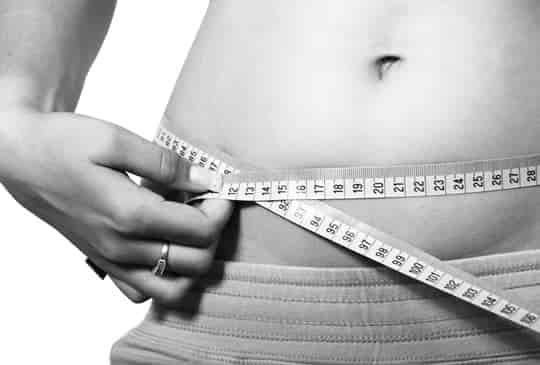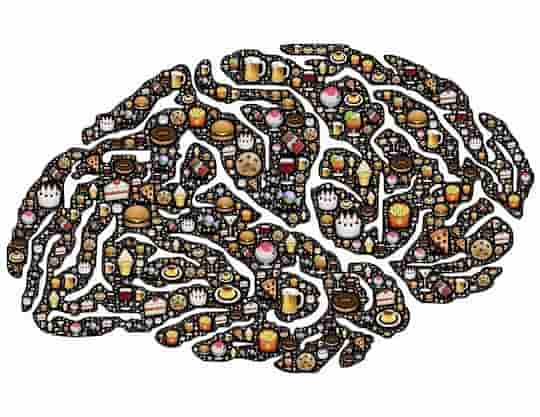Study participants lost weight without dieting or making other lifestyle changes.
Taking a vitamin D supplement is repeatedly linked to weight loss by studies.
People taking vitamin D lose weight without dieting or making other lifestyle changes.
Adding in dieting and exercise can help to boost weight loss even more.
One study has shown that people drinking more milk, which contains vitamin D and calcium, can double weight loss.
The new study included 50 overweight and obese women.
Half of them received doses of vitamin D equivalent to almost 10,000 IU per day over six weeks.
The study’s authors write:
“Previous studies had shown that the vitamin D deficiency is more prevalent in obese people and there was an inverse association between vitamin D, body mass index, and weight.”
The other half received a placebo that they were told was vitamin D, but was in fact inert.
The researchers measured people’s weight, waist and hip circumference, cholesterol and other biological markers, before and after supplementation.
The results showed that people taking vitamin D lost 3.5 pounds after taking vitamin D for six weeks.
The study’s authors explain the results:
“The findings of this double-blind clinical trial study in obese and overweight women aged 20–40 years showed that supplementation of the vit D with dozes 50,000 IU/w for 6 weeks reduced significantly the mean BMI [body mass index], weight and on the other hand, it increased significantly the level of vit D in comparison with the control group.”
The average weight loss was around 3.5 pounds in the vitamin D group compared with no change in the control group.
Around half the world’s population is deficient in vitamin D.
Foods that are rich in vitamin D include oily fish and eggs, but most people get their vitamin D from the action of sunlight on the skin.
The study was published in the International Journal of Preventative Medicine (Khosravi et al., 2019).









